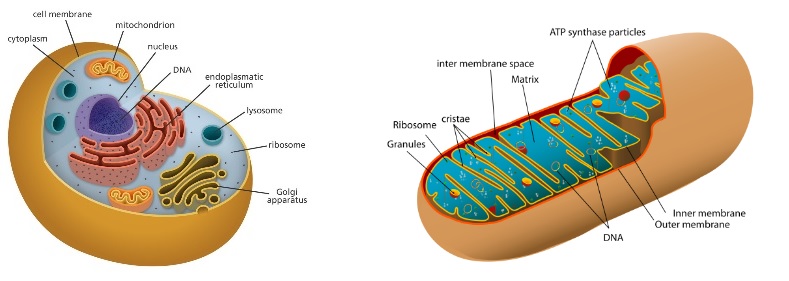Arbitrariness as an Ethical Criticism
Written by Ben Davies
We recently saw a legal challenge to the current UK law that compels fertility clinics to destroy frozen eggs after a decade. According to campaigners, the ten-year limit may have had a rationale when it was instituted, but advances in freezing technology have rendered the limit “arbitrary”. Appeals to arbitrariness often form the basis of moral and political criticisms of policy. Still, we need to be careful in relying on appeals to arbitrariness; it is not clear that arbitrariness is always a moral ‘deal-breaker’.
On the face of it, it seems clear why arbitrary policies are ethically unacceptable. To be arbitrary is to lack basis in good reasons. An appeal against arbitrariness is an appeal to consistency, to the principle that like cases should be treated alike. Arbitrariness may therefore seem to cut against the very root of fairness.


